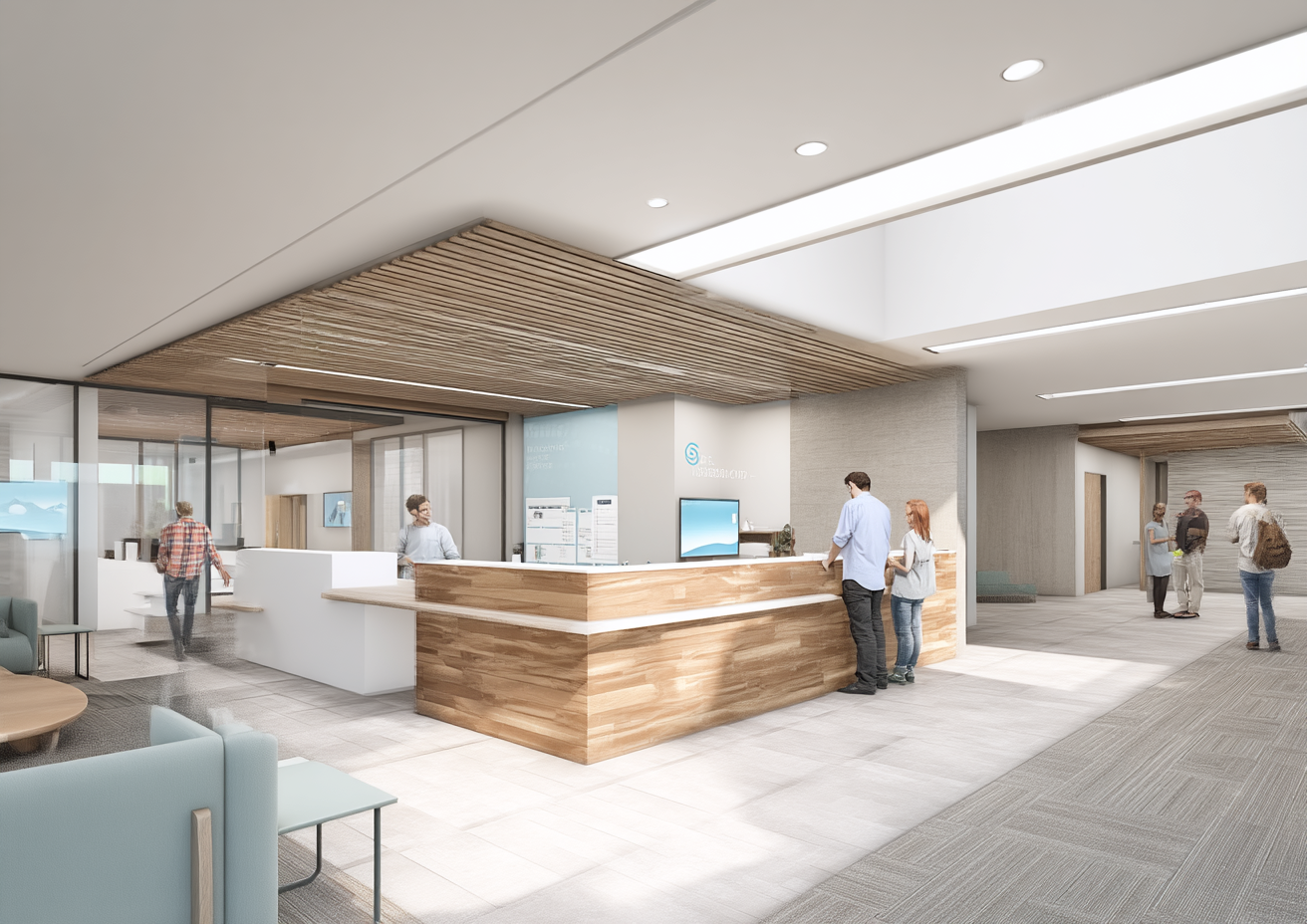Explore elderly care standards via the CDC – Division of Aging and National Institute on Aging (NIA).
Why Hire a Licensed Practical Nurse (LPN) for Elderly Care?
LPNs provide direct patient care under the supervision of registered nurses and physicians. In elderly care, they manage daily routines such as administering medication, monitoring vital signs, and supporting mobility. Additionally, they bring empathy and patience, which are vital for older adults managing chronic conditions. Because continuity of care and compassion are critical in senior settings, hiring skilled LPNs helps create safer and more dignified living environments.
- Medication Management: LPNs ensure accurate medication administration and track side effects to prevent complications.
- Improved Patient Comfort: They provide physical and emotional assistance, ensuring elderly patients feel valued and supported.
- Enhanced Communication: LPNs maintain detailed records and communicate effectively with physicians and family members.
- Regulatory Compliance: They follow healthcare and facility-specific regulations, reducing audit risks and ensuring patient safety.
- Continuity of Care: Regular check-ins and consistent care routines promote trust and emotional stability among residents.
Types of LPN Roles in Elderly Care
Elderly care encompasses diverse environments, each requiring different LPN expertise. Therefore, Pulivarthi Group provides customized staffing solutions to match the right LPNs with the right facility type.
Nursing Home LPN
Specializes in long-term patient care, administering medication, and coordinating with multidisciplinary healthcare teams.
Assisted Living LPN
Supports residents with daily activities, basic medical procedures, and wellness monitoring.
Home Health LPN
Provides personalized care to elderly patients at home, ensuring safety, comfort, and independence.
Hospice Care LPN
Delivers compassionate end-of-life care, focusing on pain management and emotional support.
Rehabilitation Center LPN
Assists with therapy coordination, wound care, and rehabilitation programs for recovering seniors.
Memory Care LPN
Works with dementia and Alzheimer’s patients, promoting cognitive engagement and safety.
Licensing and Certification Requirements for LPNs
Every Licensed Practical Nurse must meet specific educational and regulatory standards before practicing. Because elderly care requires specialized knowledge, continuous learning and licensure maintenance are critical.
- Education: Completion of an accredited practical nursing program approved by the NCSBN.
- Licensure: Passing the NCLEX-PN examination and obtaining state licensure.
- Certifications: Additional credentials in gerontology, IV therapy, or wound care strengthen professional profiles.
- Background Checks: State and federal screenings to ensure compliance with elder care safety standards.
- Continuing Education: Periodic coursework in geriatrics, infection control, and patient rights ensures ongoing competence.
Average Salary of Licensed Practical Nurses in Elderly Care
According to the Bureau of Labor Statistics (BLS), the median annual salary for LPNs in elderly care ranges from $48,000 to $65,000, depending on experience and location. LPNs working in nursing homes and long-term care facilities often earn higher wages due to 24-hour service requirements. Furthermore, facilities that offer specialized memory care or palliative services tend to provide additional compensation and shift differentials.
Challenges in Hiring LPNs for Elderly Care
Elderly care facilities face growing demand for skilled LPNs due to rising life expectancy and chronic health conditions. However, several factors make recruitment competitive and complex. Therefore, partnering with a specialized staffing agency can streamline the hiring process.
- Talent Shortages: Increasing retirements and burnout among healthcare workers have reduced the available talent pool.
- High Turnover: Long shifts and emotional stress contribute to frequent turnover in elderly care settings.
- Compliance Risks: Missing certifications or expired licenses can jeopardize facility accreditation.
- Onboarding Delays: Background checks and credential verification can slow hiring timelines.
- Location Constraints: Rural or suburban elder care homes often face staffing shortages due to commuting challenges.
How to Retain Skilled LPNs in Elderly Care
Retaining talented LPNs requires more than competitive pay. It involves building supportive environments where nurses feel valued, trained, and appreciated. Consequently, facilities that invest in staff development enjoy greater stability and higher patient satisfaction.
- Professional Development: Offer continuing education and certification reimbursement programs.
- Work-Life Balance: Ensure predictable schedules and adequate rest periods to prevent burnout.
- Recognition Programs: Celebrate achievements and patient satisfaction milestones to boost morale.
- Team Collaboration: Foster interdisciplinary communication to create stronger care networks.
- Incentive Programs: Introduce retention bonuses and referral incentives to encourage longevity.
Hire Licensed Practical Nurses for Elderly Care with Pulivarthi Group
Pulivarthi Group specializes in connecting senior care providers, nursing homes, and long-term care centers with experienced LPNs. Our pre-vetted candidates meet all certification, background, and compliance requirements, ensuring seamless integration into your care teams. Whether you need temporary, contingent, or full-time placements, we deliver flexible staffing solutions that balance cost efficiency and care quality. Partner with Pulivarthi Group to build compassionate, reliable, and skilled elderly care teams.
LSI Keywords (Integrate Naturally)
hire licensed practical nurse elderly care • lpn staffing agency senior living • nursing home lpn jobs • home health lpn recruitment • geriatric nursing staffing • assisted living nurse staffing • elderly care nurse employment • lpn healthcare staffing firm • long-term care nurse hiring • hospice and palliative care lpn recruitment





